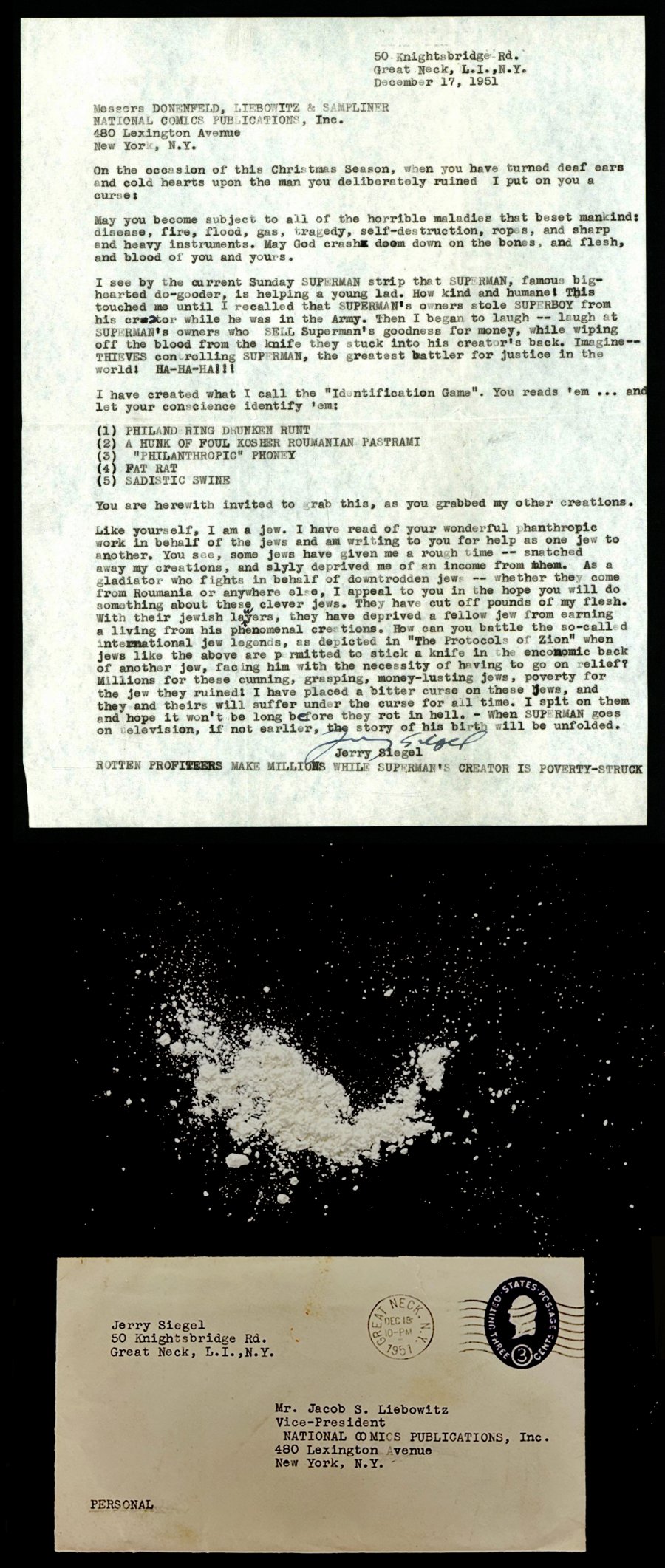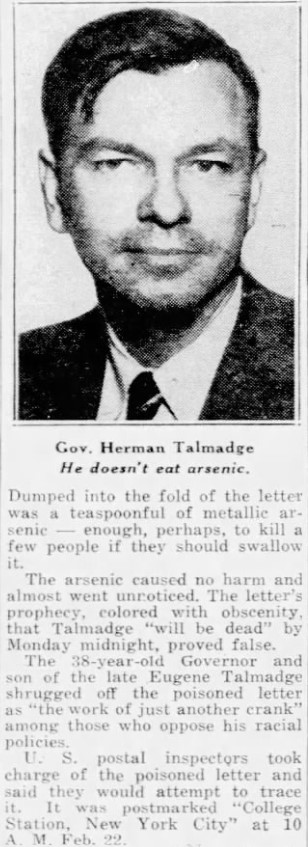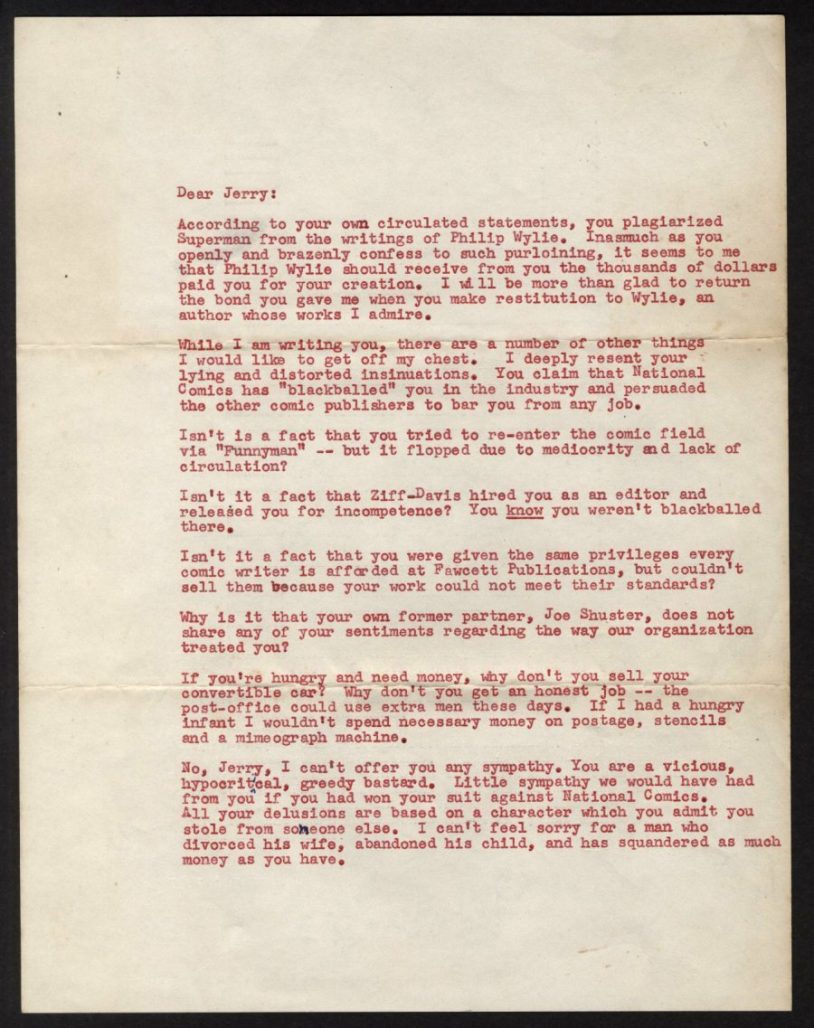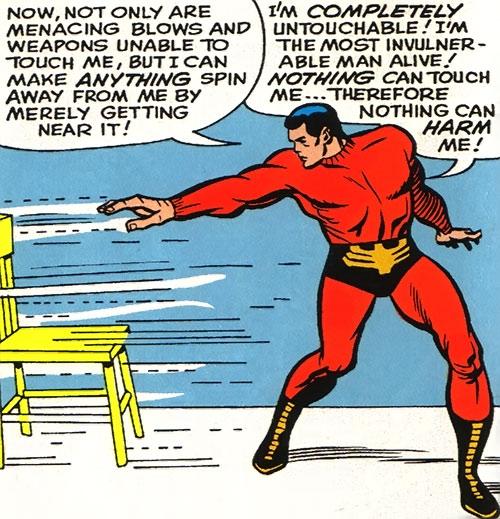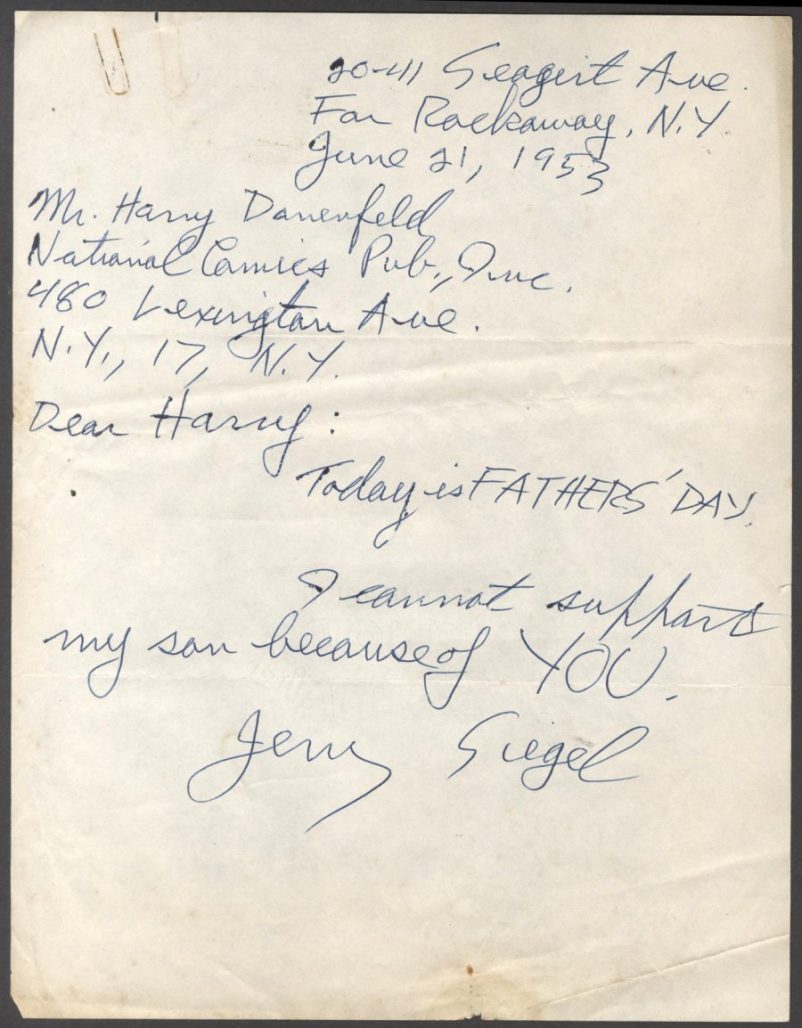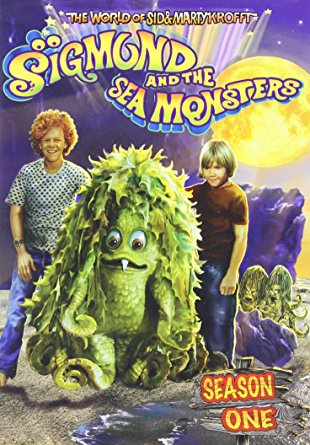Comic-Con this year felt like a different place. Some of the more monolithic booths had moved locations, some vendors and publishers were absent, and though the bursting crowds were excited — so excited — to be back at a fully functioning Comic-Con, there was still something off.
Yes, the then-new WGA/SAG-AFTRA super-union team-up had, at the last moment, stripped Hall H of its Lokis, Feiges, and CGI Godzillas. And though people were bummed, there was a sense that it was all for a greater good. After all, Comic-Con is about comics, movies, shows, games — all that good stuff. We all know exactly where it comes from.
As I walked around the floor, I was looking for the DC booth, mostly because I wanted to see what they were doing to celebrate Superman’s 85th anniversary. I never found it, but I kept meandering around where it used to be and instead found the auction booths with their strikingly bright lights and squeaky-clean glass cases. Sometimes you can see a guy there in a tuxedo showing off a Detective #27 to a pulsating collector.
But again, this year was different. At the ComicConnect booth, there were letters from Jerry Siegel, who with artist Joe Shuster co-created Superman in the 1930s in Cleveland. Most people know that Jerry and Joe sold Superman outright for $130 and for decades tried to get a better deal thru negotiation, letters, and lawsuits. These letters were real history, being shown in advance of their online auction in August. And in typical Comic-Con fashion, I walked right past them. I only saw them later, after I got home, in a post from Alex Grand.
A few days later, the content of the letters began to surface on social media, to shocked reactions.
The most alarming of the lot is this one. Jerry sent many of these types of letters during the fifties, but this particular one to Jack Liebowitz was full of more than just invective. The envelope included a powdery white substance.
The powder was professionally tested in a laboratory and found to be cornstarch instead of arsenic, but the effect must have been terrifying.
Some of us remember the flurry of white powder letters (Anthrax, ricin) that flooded news departments and government mailrooms in the wake of 9/11 and killed five people. These threats still happen today. The U.S. Code had laws in place against these crimes as early as 1935, so Jerry could have/should have been charged with something — so why wasn’t he? Superman’s owners wanted nothing to do with Jerry. Why not use this as an excuse to be rid of him? Did they think it would malign the Superman brand? Or expose them to bad publicity? Or did someone there feel mercy? I think the lack of a signature on this letter is telling. What I still can’t believe is that this has been kept a secret. There are so many Jerry stories and rumors out there from this time (most of them untrue), so why keep this one under wraps? No one, it seems, talked to the newspapers.
Arsenic letters were commonplace in pulp detective stories. In the real world, there was this story in the Daily News on February 28, 1951. Georgia governor Herman Tallmadge was sent a letter with arsenic powder but was unharmed. He blamed it on “just another crank” who disagreed with his white nationalist-centered policies. Tallmadge was also known for his actions in 1934 when he arrested striking Georgia workers and threw them in a WWI POW camp surrounded by barbed wire. He then ordered them tried by military tribunal.
Based on recent convictions, if Jerry Siegel sent that letter today and pleaded guilty, he would most likely be sentenced to 2-5 years in prison.
Though the 1950s were certainly a time of desperation for Jerry and Joe (who drew his Nights of Horror work then), there has never been any indication that their circumstances of poverty, anguish, and perhaps even illness, resulted in actual criminal activity.
This is an important letter in trying to understand both Jerry’s mindset at the time and his relationship with National. I look forward to reading some real detective work on this.
The timeline is murkier for this next letter. Though the auction puts it as later 1951, I would place it before the White Powder letter simply because it doesn’t reference it. But it is provocative in its own right. ComicConnect identifies the writer as National boss Harry Donenfeld (and I agree). On Facebook, Brian McKernan has dubbed it “The Red Letter.”
Read that last paragraph again:
No, Jerry, I can’t offer you any sympathy. You are a vicious, hypocritical, greedy bastard. Little sympathy we would have had from you if you had won your suit against National Comics. All your delusions are based on a character which you admit you stole from someone else. I can’t feel sorry for a man who divorced his wife, abandoned his child, and has squandered as much money as you have.
The rest of the letters are equally sad and historically important, each in their own way. I’ll leave that part to the next Siegel & Shuster scholars out there. But if you are interested in comics history, just read them as-is. Don’t worry about certified users or experts. Just read the documents. This is great, primary source stuff. This is history. Our history.
But tell me: does the letter sound familiar? Listen to it. Can’t you almost hear him? What struck me about this letter is that it is straight-up, unadulterated whataboutism. That is, it is deflection rather than engagement. Harry doesn’t even mention Superman or Jerry’s points about being underpaid (and actually unpaid), only that it is somehow all his fault for other faults, both vague and imagined. You could substitute “But her emails” for “Philip Wylie‘s Gladiator” and be on the same page. It is not a rhetorical gesture; it is not reasoned debate. Here it is flat-out mean. It is also, most often, a way to deflect guilt.
Even an eclipsed glance at the comments about these new letters, titled “Jerry Threat” or “Jerry Destitute,” yields much of the same response. Lots of “Well, they were paid the equivalent of a million dollars in the fifties!” and “Jerry shoulda got a lawyer LOL!” All of those myths have been explained in award-winning books.
Thankfully ComicsConnect has done the right thing and let the scans be available to anyone who wants to see them. This is great and has saved these letters from possible collector’s limbo. “It belongs on the internet” is not the same thing as “it belongs in a museum,” but it works for me.
The white powder letter sold for $8,994.15, after thirty bids.
The toughest letter for me was this one:
Dear Harry:
Today is FATHER’S DAY.
I cannot support my son because of YOU.
Jerry Siegel
At the time, Jerry was newly married to Joanne (the original model for Lois Lane,) and had a new daughter named Laura. He was also supposed to be paying child support for his son Michael from his previous marriage. He was, as he said many times, in poverty. No one believed him. Or no one cared. That no one predicted Superman would be successful doesn’t matter. All that matters is that it was.

As Jerry’s letters sat there at Comic-Con, all the actors and screenwriters who would normally be in Hall H were off somewhere yelling themselves hoarse on a picket line. Jerry Siegel, reduced to a small set of paragraphs on paper a generation old, was doing the same. Only he wasn’t in Hollywood, he was protesting at Comic-Con, the massive multiverse of the American super-hero that arguably — and really, maybe not even that — would not exist without him.
Because I promise you: there would be no Comic-Con if it were built around The Lone Ranger or The Shadow. Not on the thinnest of timelines.
Jerry engaged in this kind of self-advocacy his whole life. He fought continuously for his own rights as a writer and a creator. Was he annoying? Try persistent. Was he successful? It took his entire life. Like Ditko, like Kirby, like Adams, he acted on what he felt was wrong. And like all of them, he was his own thing. He was dork radical. He was the first.
What Jerry argued for and what the current strike wants are obviously not the same exact things. But the big picture: payment from content you create and raises to reflect the cost of living? That is the same. Sharing of profits normally relegated to executive salaries? Harry, like the studio heads today, was made a millionaire by Superman. And though they didn’t have Netflix in Jerry’s time, he knew all about A.I.
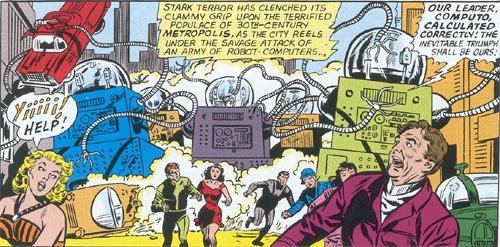
If you do creative work for a living, you have inherited a system that privileges the Harrys over the Jerrys.
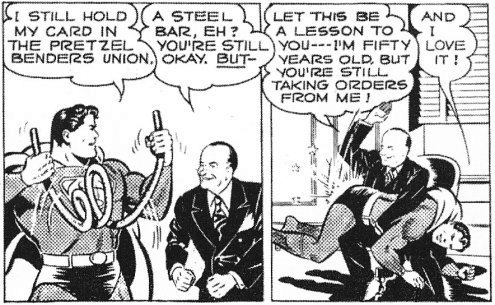
And if you like comics? If they have saved your life like they have mine? Then see these letters for what they are. The writer of the first Superman story is still shouting in a loud voice from a thin piece of paper. It has been a long time, but we should still be able to hear him.
Brad Ricca is the Edgar-nominated writer of six books, including the 2023 Eisner nominee Ten Days in a Mad-House, with artist Courtney Sieh. More at brad-ricca.com



